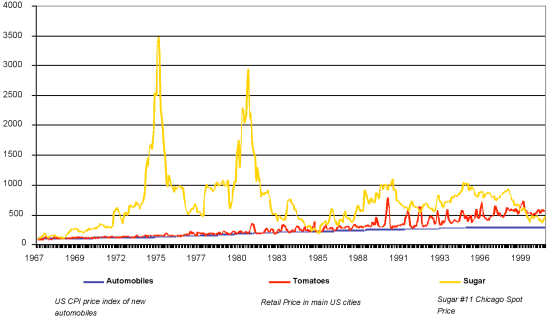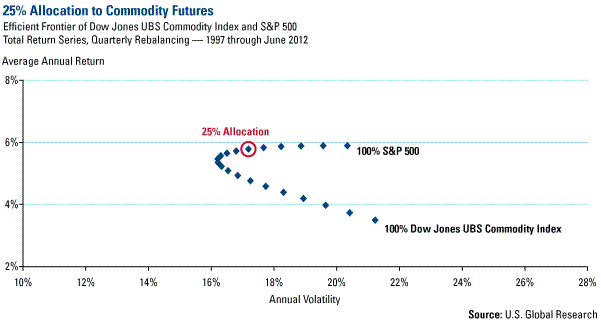More volatility ahead for commodities
Post on: 23 Июнь, 2015 No Comment

Max Mason
A gradual unwinding of Chinese commodity finance deals — which have attracted as much as an estimated $US160 billion in hot money — is likely to weigh on prices of the diverse range of commodities used as collateral.
The use of commodities such as gold, copper and iron ore, but also soybeans and rubber, as collateral for loans has become widespread over the past year in China, where tightly controlled lending policies restrict the amount of money that can be borrowed. 
Thus the flow of finance deals heavily affects the price of commodities.
When deals are being made, demand is for commodities is higher. The reverse happens when deals are unwound, with supply flooding the market, pushing prices down and sparking selloffs similar to those seen in copper and iron ore last week.
Advertisement
US investment bank Goldman Sachs is predicting a gradual unwinding of many of these finance deals over the coming two years as China liberalises its currency, leading to more volatility in the yuan.
The unwinding would be bearish given relatively limited physical liquidity to absorb the shock, Goldman Sachs analysts said.
Our view is that Chinese commodity financing deals will gradually unwind over the medium term, driven by an increase in foreign exchange hedging costs, which would slowly erode financing deal profitability and eventually close the interest rate arbitrage, the analysts wrote in a report.
Goldman Sachs estimates 31 per cent of Chinas short-term cash loans and 14 per cent of total cash loans are backed with commodities.
Commodity financing deals facilitate low-cost capital flows, or ‘hot money’ into China, affecting China’s monetary base, which in turn is the foundation of domestic lending, Goldman Sachs analyst Roger Yuan said.
There is $US81 billion to $US160 billion ($89 — $175.5 billion) worth of outstanding cash loans associated with commodity finance deals, the investment bank estimates.
As part of a broader shift in China’s funding base from domestic to various foreign-funding vehicles, Chinese commodity financing deals have become increasingly prevalent, owing to the combination of the relatively high level of Chinese interest rates and the existence of capital controls, Mr Yuan said.

A positive Chinese yuan and US dollar interest rate differential, limited yuan depreciation and the large amount of commodity supply mean there is still a lot of profit in these financing arrangements, Mr Yuan said.
The deals are not restricted to commodities such as iron ore and copper, which plunged heavily last week following a sell off of the metals believed to have been used as collateral in loans.
Deals involving gold are also extremely prevalent, said Mr Yuan. With small amounts worth large sums, gold has a high value-to-density ratio, making a convenient physical commodity to store.
Nickel, zinc, aluminium, soybeans, palm oil and rubber are all also used to a lesser extent.
A government crackdown on these so-called shadow finance deals is unlikely, with fears it could spark a selloff that could also bring volatility to other assets such as shares or bonds.
Instead, the government believes that the gradual liberalisation of the yuan and the opening up of China’s economy to foreign capital should provide enough volatility in currency markets, over time, to reduce the appeal of commodity finance deals.
In the medium-term, the recent increase in renminbi volatility may deliver a strong signal to the market participants that foreign exchange risk is increasing and it will lead to higher foreign exchange hedging cost, and diminishing profits from cross-border interest rate arbitrages, Mr Yuan said.














